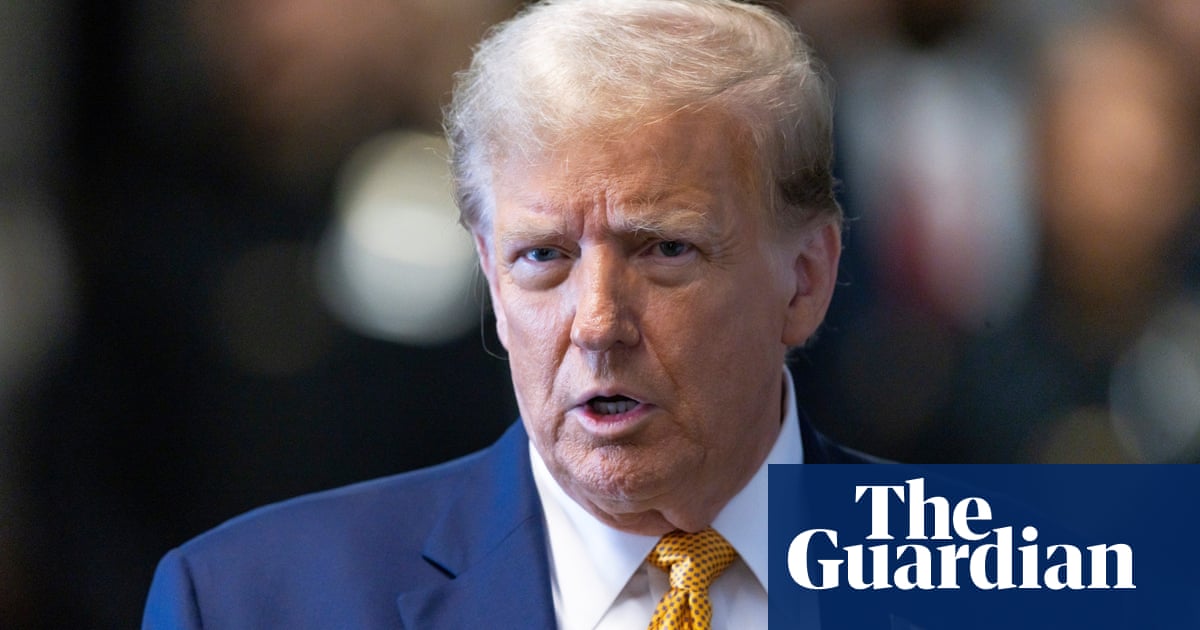A leftwing alliance was on track to become the biggest force in the French parliament on Sunday after tactical voting held back the far right, but the shape of the future government remained uncertain after no group looked set for an absolute majority.
The surprise result for the left – which was projected to win up to 192 seats, followed by president Emmanuel Macron’s centrist alliance and the far right in third – showed the strength of tactical voting against Marine Le Pen’s far-right National Rally (RN). The far right and its allies had forged a commanding lead in the first round but were ultimately held back by massive tactical voting to prevent them winning enough seats to form a government.
Although the left alliance was slightly ahead, it was projected to be at least 100 seats short of an absolute majority. Amid a high turnout estimated at about 67%, no single group was predicted to win an absolute majority of 289 seats and form a government. The parliament was likely to be divided into three blocs: the left, centrists and the far right.
France now enters a period of unprecedented uncertainty over the shape of its future government and its likely prime minister. Macron has promised to remain as president, but he did not speak publicly on Sunday night, privately calling for people to be “prudent” until the final results were clear on Monday morning.
It could now take weeks to establish a government with no party gaining anywhere near an absolute majority. It was uncertain what shape of government would be leading France when the Olympic Games open Paris in less than three weeks.
The prime minister, Gabriel Attal, announced that he would hand his resignation to president Macron on Monday morning. But he also said he could stay in place for the short term, if required, while a new government was formed.
“Tonight, a new era begins,” he said, adding that France’s destiny would play out “more than ever in parliament”.
Attal said: “I know that, in the light of tonight’s results, a lot of French people feel uncertainty about the future because no majority has emerged. Our country is in an unprecedented political situation and is preparing to welcome the world [at the Olympics] in a few weeks. I will stay in my role as long as duty requires.”
Jockeying for position in the new parliament began instantly. Jean-Luc Mélenchon, leader of the leftwing La France Insoumise party, said: “The president must invite the New Popular Front [left alliance] to govern.” The outgoing interior minister, Gérald Darmanin, said: “I note that today, no one can say they have won this legislative election, especially not Mr Mélenchon.”
Raphaël Glucksmann of Place Publique and the Socialist party, part of the left alliance, said: “We’re ahead, but we’re in a divided parliament … so we’re going to have to act like grownups. We’re going to have to talk, to discuss, to engage in dialogue.”
The New Popular Front alliance of parties – which includes the former ruling Socialist party, the leftwing La France Insoumise, the Greens and Communists – was predicted to take 172–192 seats, according to projections by Ipsos for the French public broadcaster. Emmanuel Macron’s centrist grouping, Ensemble, was in second place, projected to take between 150 and 170 seats, a loss of up to 100 seats but a stronger showing than expected.
Marine Le Pen’s far-right, anti-immigration National Rally (RN) was predicted to come third with 132–152 seats, along with its allies on the right.
This was a historic result for the RN – its biggest ever score in a parliamentary election, and an increase from the 88 seats it had when parliament was dissolved last month. But it was much lower than the party had expected after it topped the vote in the first round last week.
Jordan Bardella, the RN president, said the parties who had teamed up to stop the far right were a “disgraceful alliance”. Le Pen, who intends to run for president for the far right in 2027, said the far right’s rise to power would continue. She said: “The tide is rising. It did not rise high enough this time, but it continues to rise and our victory has simply been deferred.”
The RN’s limited score showed the success of a tactical voting pact formed last week by centrists and the left to hold back the far right.
More than 200 candidates from the left and centre had pulled out of the second round last week in order to avoid splitting the vote against the RN. Those parties had called on voters to choose any candidate against the RN, in an attempt to prevent the far right winning an absolute majority of 289 and forming a government.
The party, which was founded as the Front National by Jean-Marie Le Pen in 1972, was presented by the left and centrists as a danger to democracy that promoted racist, antisemitic and anti-Muslim views. Brice Tinturier, director general of Ipsos, said the results showed that a majority of French voters still saw the RN as dangerous.
Clémence Guetté, who was re-elected for the leftwing La France Insoumise, said the lower-than-expected score for the RN showed that “this is not a racist country and France does not want to be divided”.
Macron shocked his own government and party by calling snap elections on 9 June after his centrists were trounced by the far right in European elections.



